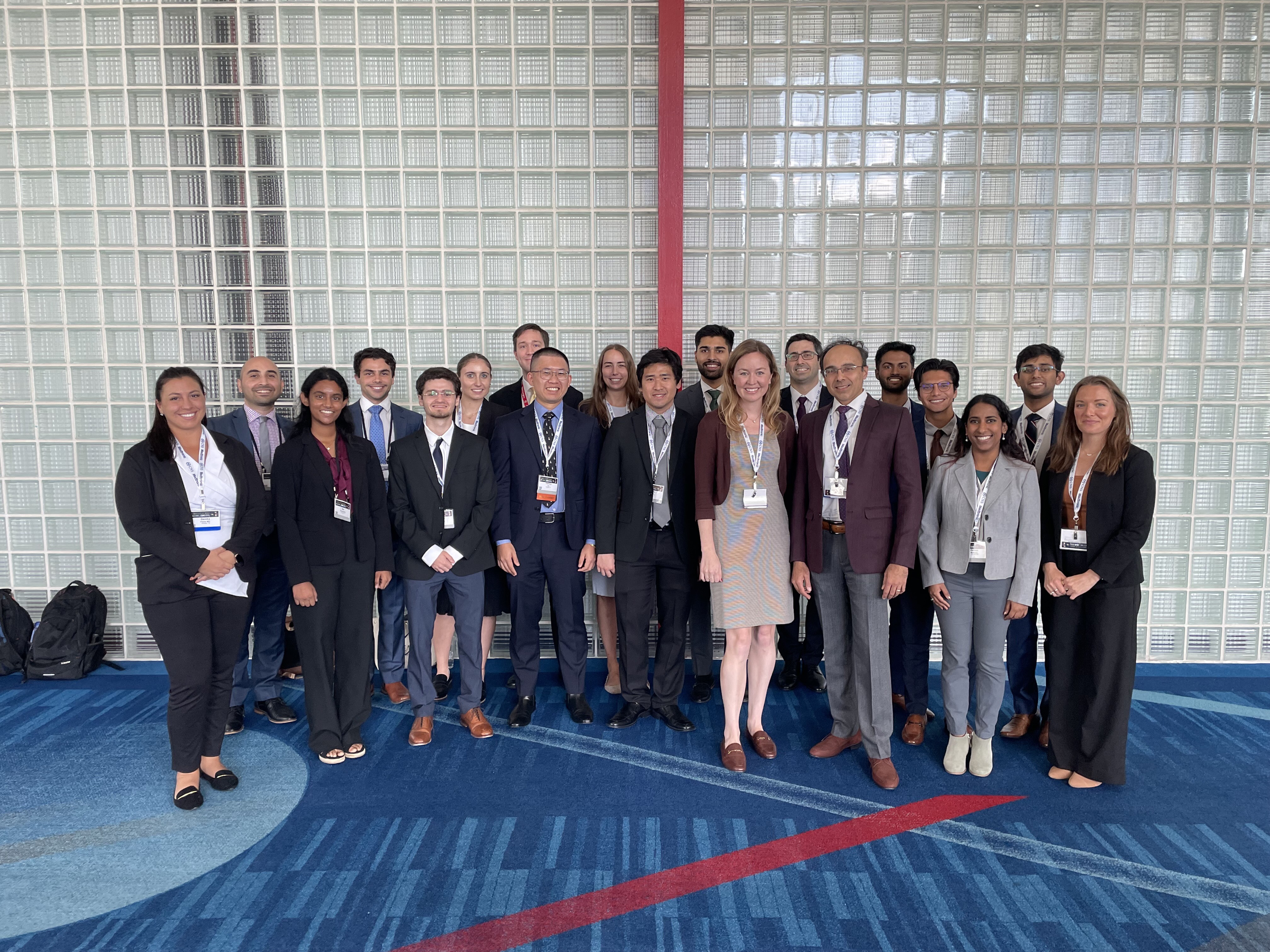
Improving outcomes for treatment-resistant obsessive-compulsive disorder
Obsessive-compulsive disorder (OCD) is a mental health condition in which an individual is overwhelmed by unwanted, intrusive thoughts and engages in repetitive behaviors or mental acts in response, which can impact quality of life. While mild and moderate cases of OCD can be treated with conventional treatments, such as cognitive-behavioral therapy and medications, severe cases often prove resistant to these treatments, leaving the patients who most need relief with limited options.
Fortunately, there is hope for these patients. At Baylor College of Medicine, Sameer Sheth, M.D., Ph.D., professor and vice chair of research in the Department of Neurosurgery and The Cullen Foundation Endowed Chair in Neurosurgery, and Nicole Provenza, Ph.D., assistant professor in the Department of Neurosurgery, are working together to develop improved outcomes for patients with OCD using deep brain stimulation (DBS). This treatment involves surgically implanting electrodes in the brain to deliver electric impulses to manage OCD symptoms. DBS has shown promising results and donor support was crucial in advancing this work.
In July 2024, the Sheth and Provenza teams published a groundbreaking study in Nature Medicine identifying a new neural biomarker for OCD. Using advanced intracranial monitoring, the teams found that specific brain wave patterns, including theta and alpha waves, could predict a patient’s clinical state. In patients with OCD who showed improvement after DBS activation, these neural features significantly decreased, providing a potential tool for real-time treatment adjustments and, ultimately, improved patient outcomes.
Baylor’s research in this area stands out due to its integration of cutting-edge techniques and a collaborative, multidisciplinary approach to DBS tailored for OCD. In addition to Drs. Sheth and Provenza, Wayne Goodman, M.D., professor and chair of the Department of Psychiatry, leads psychiatric care and behavioral follow-up with patients, and Sarah Heilbronner, Ph.D., associate professor in the Department of Neurosurgery, an expert in neuroanatomy, lends valuable insights into brain structure and function.
Looking ahead, the team is implementing a neurobehavioral unit at The Menninger Clinic to enable comprehensive data collection in a controlled environment. Dr. Provenza’s lab is leading the effort alongside Drs. Sheth and Goodman. With the integration of high-resolution video, audio and neural recordings, the team aims to refine its analysis and identify real-time neural biomarkers for OCD. Continued support from Baylor donors is helping advance personalized DBS treatments for OCD and other psychiatric disorders.
Follow the links to learn more about the work of the Sheth Lab and the Provenza Lab.


